Curbing My Enthusiasm for More Stimulus
As our leaders in Washington D.C. squabble over raising the debt ceiling, I am brought back to the visible “shovel ready” projects I observed in my town. Shortly after the $787 Billion stimulus package was signed, a couple of projects started in my little town. The main highway through town was repaved, even though it didn’t appear to need it. While I’m not a civil engineer, I have lived in Mississippi for some time, and even lived in Jackson for a while, so I have quite a lot of experience with poor roads. There weren’t appreciable pot holes or any noticeable problems, just asphalt that had changed from its original black color to the dirty brown that the southern sun cooks roads to. Necessary? I don’t think so. Did it make any difference in the local economy? Possibly, but likely only for a couple of months, as the construction workers and materiel had to be paid for. I suspect that the paving companies made off like bandits, but I don’t know that. It is doubtful that they bid this one at cost; I mean it is the government spending this money, after all. And those lovely signs advertising this spending probably contributed to our poor health by raising blood pressure for passing motorists who weren’t either on their phone, impaired by some chemical substance, or illiterate.
The other major project I observed was some curbing that was installed. While I don’t want to downplay the importance of curbs to economic development, I have trouble imagining business folks traveling to our blighted little town thinking that they might move the business here if only the town had curbs. Oh well, on to the next town.
The curbs weren’t even installed in an area that had apparent drainage problems. The problem is that all of this and the other components of the $787 billion were funded by debt. As the following chart demonstrates, the federal debt has skyrocketed.

Federal Debt
This is completely unsustainable. I am in disbelief that anyone would actually buy bonds from an entity that borrowed 40 cents of every dollar it spent, and has a total debt of $14,342,954,633,916.41, according to the US Treasury website on 13 July. And yet, because we believe somehow that spending will magically help the economy, we go along with unnecessary curbs and paving because we are lazy, gullible, and economically ignorant. If public spending created a healthy economy, we should be prospering. Instead, it is driving prices up for private businesses who seek to expand and now have to compete with government “busy work” projects for labor and materials. The thing is that a business or private citizen is unlikely to spend so wastefully, and will spend on something that they calculate will result in a return on their money invested. The government, though, just spends. The voters rarely hold public officials to account for their wasteful ways. If an individual or corporation is wasteful, it comes out of hide. Their board of directors (or spouse) is likely going to hold the responsible parties accountable, or at least nag them till they’ve lost the will to live. Did the stimulus work? If you were able to directly benefit from it, as a vendor, contractor, or just curb-lover, maybe you think it was a good thing. If you are the senior citizens who may soon face cuts in entitlement programs in the face of rising prices, a consequence of all this deficit spending and subsequent money creation to pay for it, I doubt you will think stimulus is a good thing. If you are the unborn children who will be saddled with more generations of the nanny state and oppressive taxation to pay down the national debt enough to keep operations flowing, I doubt it will be a good thing either. If you buy the debt of a country and expect to be paid back with un-inflated currency, I suspect you may be the most upset of all. Buy you can always come and admire the curbs. If only they had been curbs on spending…
-Proprietor


